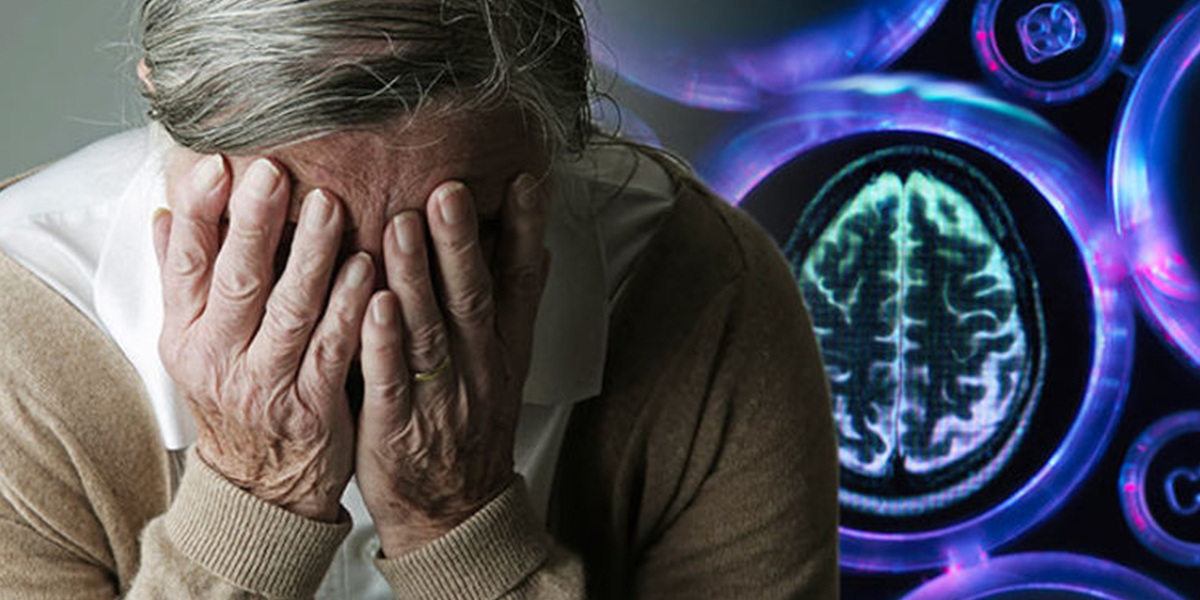5 Conditions Causing Reversible Dementia

Reversible Dementia Reversible dementia refers to the conditions that are associated with cognitive or behavioral symptoms of dementia that can be alleviated or reversed when the underlying cause is identified and treated. Unlike irreversible dementias like Alzheimer's disease, reversible dementias are caused by their conditions. Identifying and treating the underlying causes of reversible dementia is crucial for seniors to maintain or regain cognitive function. Athulya Assisted Living has Dementia Care services specially designed for seniors with dementia. Symptoms of Reversible Dementia ● Memory Loss ● Cognitive Decline ● Disorientation ● Language Difficulties ● Impaired Judgment ● Changes in Behaviour ● Difficulty with Complex Tasks ● Lack of Concentration ● Motor Skill Problems ● Personality Changes 5 Conditions Causing Reversible Dementia Dementia, a prevalent concern among the aging population, is often viewed as an irreversible and progressive condition...



